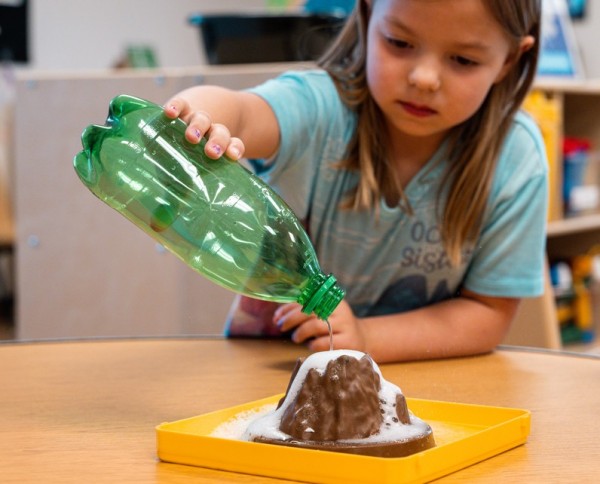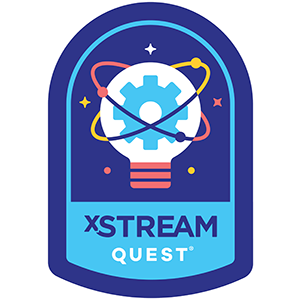
Why Your Child’s Questions Are a Sign of Growing Intelligence- Supporting Curiosity & Confidence at Children’s Lighthouse
If your child seems to be full of questions, “Why is the sky blue?” “How do fish sleep?” “Why do I have to go to bed when the moon is out?”, you’re not alone. Asking questions is a natural and important part of childhood development. Children are born curious. From the time they begin to speak, their minds are working to make sense of the world around them. At Children’s Lighthouse, we see each “why” as a moment of opportunity—a spark that can ignite meaningful learning.Research shows that the questions children ask aren’t just for fun. They’re a sign of growing intelligence. Studies suggest that preschool-aged children may ask over 100 questions per day (Chouinard, 2007). These inquiries help children form new brain connections, understand how things work, and begin to make logical predictions. According to Harvard University’s Center on the Developing Child, curiosity in early childhood is strongly associated with greater cognitive and academic achievement, even when accounting for socioeconomic differences (Shah et al., 2018). Curious children are more likely to think critically, solve problems creatively, and stay motivated as lifelong learners.
That’s why, at Children’s Lighthouse, we intentionally foster curiosity through our inquiry-based learning model. Using our proprietary xSTREAM Quest® curriculum, teachers guide children through hands-on learning experiences in Science, Technology, Reading, Engineering, Art, and Math. We encourage children to ask big questions and explore possible answers through observation, discussion, and experimentation. You might hear a teacher ask, “What do you notice about this?” or “Why do you think that happened?” These open-ended prompts invite children to wonder, investigate, and share their discoveries.
At home, families can help nurture this same spirit of curiosity. When a child asks a question, the goal doesn’t have to be providing the “right” answer. Instead, it’s about exploring together. Try responding with “What do you think?” or “Let’s find out!”, both of which promote confidence and problem-solving. Families can also post their child’s questions on a “Wonder Wall,” revisit them during story time or meals, or set aside a few minutes each day to explore one of them together.
Other ways to support curiosity include slowing down during everyday moments, on a walk, during bath time, or while preparing dinner, and giving your child space to observe and ask. It’s also helpful to celebrate mistakes as part of the learning process. Children who feel safe to explore and take risks are more likely to stay curious and resilient (Gruber et al., 2014).
At Children’s Lighthouse, we believe that every “why?” is a window into a child’s developing mind. With guidance, patience, and a learning environment that values exploration, these simple questions can lead to powerful breakthroughs. The next time your child asks a curious question, know that something amazing is happening: their brain is growing, their confidence is building, and their love of learning is taking root.



